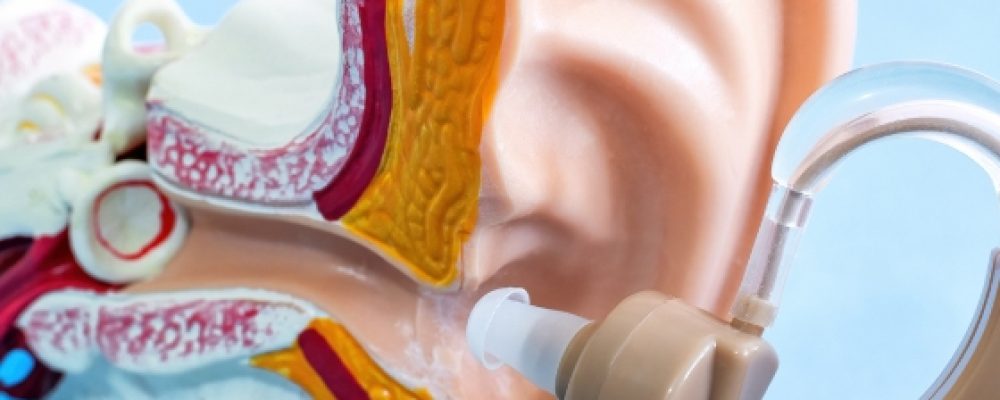A certain degree of hearing loss or deafness is an important thing that can affect us and our lives. The reasons may differ from genetic to environmental exposure. The reasons may also affect the level of deafness from single-sided deafness to full deafness.
Reasons behind deafness
It is important to understand that a specific cause can affect a variety of rain from person to person. The severity and type depend on the underlying factors. It is important to take medical professional help to understand the type of hearing loss and available treatment for the same. Here are some reasons for the deafness of the individuals.
The genetic reason
The 50% of factors that are the reason behind any person’s hearing loss is genetics. Sometimes a specific gene mutates and disrupts the hearing system which can cause problems in the auditory region. Some conditions include Alport syndrome, Usher syndrome, Pendred syndrome and other types of genetic conditions that are attributed to the mutation and the reason for congenital causes. Some people also see the prenatal or maternal factors that are affecting the development of newborns. Another reason can be the birth complication.
Environmental causes
Environmental causes include your infection which is in the chronic middle ear that affects hearing. Noise exposure for a long time, age or head injuries are some of these environmental reasons. Certain people who go through some antibiotics or chemotherapy drugs also experience side effects from them. These are some environmental factors while certain medical conditions, autoimmune disorders, and tumours affect the auditory region of the brain and even brain infection also affects the system severely.
Hearing aids help to overcome deafness challenges
While hearing aids cannot restore lost hearing entirely, they act as powerful tools in enhancing the lives of individuals with varying degrees of hearing loss, including those considered deaf. Their impact goes beyond simply boosting volume:
Mild to moderate hearing loss:
Sound clarity:
Hearing aids go beyond mere amplification, filtering out background noise and enhancing the distinctness of speech, music, and environmental sounds. This newfound clarity enriches daily experiences, fostering better communication and engagement with the world around them.
Reduced listening fatigue:
By amplifying and clarifying sounds, hearing aids alleviate the strain of deciphering muffled or distorted audio. This reduced fatigue allows individuals to listen with greater ease and focus for extended periods, improving their overall listening experience.
Social and emotional benefits:
Improved communication and participation in daily activities boost confidence and social interaction, combatting feelings of isolation and fostering a sense of belonging. This positive impact on mental and emotional well-being is a crucial aspect of the benefits offered by hearing aids.
For individuals with severe hearing loss, including some who are considered deaf:
Sound awareness:
Even if full speech comprehension remains a challenge, hearing aids can unlock a world of previously inaudible sounds. This newfound awareness of ambient noises enhances safety and provides a valuable connection to the auditory world, enriching their overall sensory experience.
Communication bridge:
While lipreading and sign language remain vital tools, hearing aids can amplify remnants of speech, providing crucial cues for lipreading and supplementing comprehension. This bridges the communication gap, facilitating interaction and fostering greater independence.
Auditory rehabilitation foundation:
For individuals with severe hearing loss, hearing aids can be the stepping stone for auditory rehabilitation therapy. By providing a base level of sound perception, they help individuals relearn how to utilize residual hearing and adapt to communication strategies, paving the way for further improvement.
Conclusion
Remember, the effectiveness of hearing aids is unique to each individual, influenced by factors like the type and severity of hearing loss, age, overall health, and commitment to using the devices. Consulting a hearing healthcare professional is crucial for finding the most suitable solution and maximizing the benefits of hearing aids, whether it’s improving communication, enhancing sound awareness, or laying the groundwork for further auditory rehabilitation.
Ultimately, hearing aids aren’t simply sound boosters; they offer a gateway to a richer sensory experience, improved communication, and enhanced quality of life for individuals with varying degrees of hearing loss. By amplifying not just sounds, but also opportunities for connection and engagement, hearing aids empower individuals to reclaim their place in the world of sound and navigate life with greater confidence and independence.




